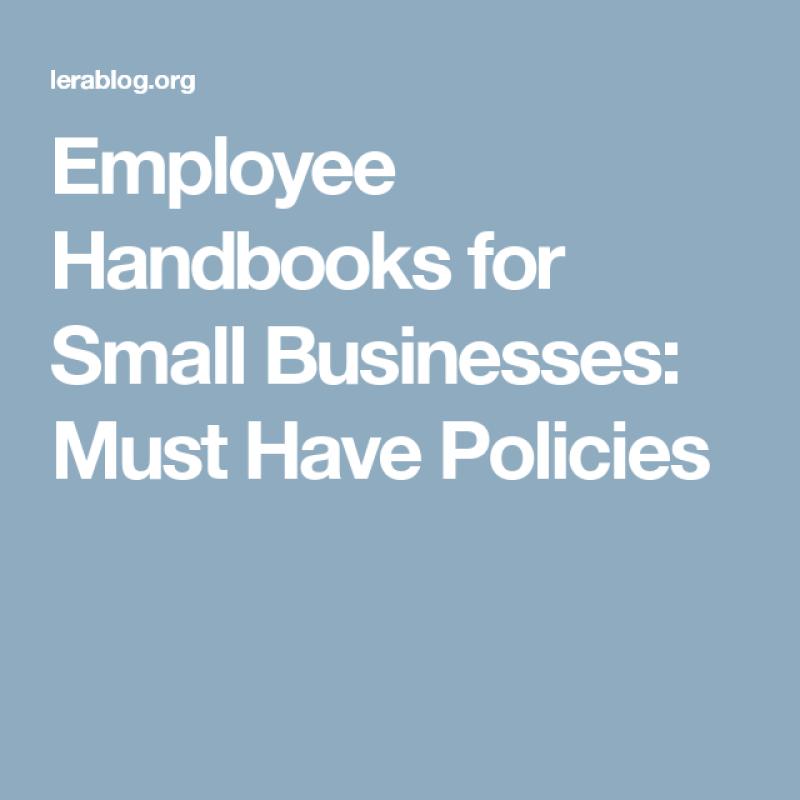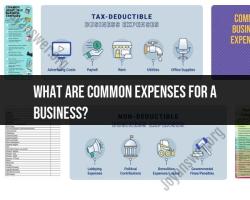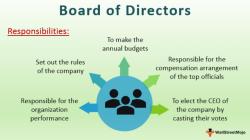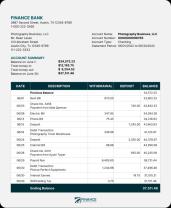Who must read this employee handbook?
The employee handbook is typically designed for all employees within an organization, regardless of their position or level. The handbook serves as a comprehensive guide to the organization's policies, procedures, expectations, and other relevant information. Therefore, the primary audience for the employee handbook includes:
New Employees: The handbook is an essential resource for new hires as it helps them understand the organization's culture, policies, and procedures. It provides guidance on expectations, benefits, and the overall work environment.
Current Employees: The handbook is not just for new hires; it is a reference document for all employees throughout their tenure with the company. It serves as a quick reference for various policies and procedures that may be relevant to their roles and responsibilities.
Managers and Supervisors: While employees are the primary audience, managers and supervisors should also be familiar with the contents of the employee handbook. This ensures that they can effectively communicate and enforce policies and procedures within their teams.
Human Resources (HR) Personnel: HR professionals play a key role in implementing and enforcing company policies. They may refer to the handbook when addressing employee concerns, conducting training, or handling disciplinary actions.
Legal and Compliance Teams: The employee handbook often contains legal and compliance information, outlining the rights and responsibilities of both the employer and employees. Legal and compliance teams within the organization may refer to the handbook to ensure that policies align with applicable laws and regulations.
Contractors and Temporary Workers: Depending on the organization's policies, contractors, and temporary workers may also be required to read and adhere to certain sections of the employee handbook.
Board Members and Executives: While the primary focus is on employees, executives and board members may also review the handbook to understand the organizational culture and policies, especially if they are involved in decision-making processes related to human resources and company governance.
It's important for all employees to be aware of the handbook's existence and to reference it when needed. This helps create a consistent understanding of the organization's expectations and guidelines across all levels and departments. Regular updates to the handbook may be necessary to reflect changes in company policies or compliance requirements.
Who is required to read an employee handbook?
All employees are required to read and understand the company's employee handbook. This is typically a condition of employment, and employees may be asked to sign an acknowledgment that they have read and understood the handbook.
What is the purpose of an employee handbook?
An employee handbook serves several important purposes. These include:
Communicating company policies and procedures: The handbook outlines the company's policies and procedures on a variety of topics, such as employment, conduct, safety, and benefits.
Providing information about the company: The handbook can provide employees with general information about the company, such as its history, mission, values, and culture.
Establishing employee expectations: The handbook outlines the company's expectations for employee behavior and performance.
Protecting the company from legal liability: The handbook can help to protect the company from legal liability by ensuring that employees are aware of company policies and procedures.
Are there legal implications for not reading an employee handbook?
Yes, there can be legal implications for not reading an employee handbook. In some cases, employees may be held liable for violating company policies that they were not aware of. Additionally, employees who have not read the handbook may not be able to assert their rights under the handbook.
For example, if an employee is fired for violating a company policy that they were not aware of, they may not be able to successfully sue the company for wrongful termination. Additionally, if an employee is not aware of the company's grievance procedure, they may not be able to properly file a grievance.
Therefore, it is important for all employees to read and understand their company's employee handbook. This will help to ensure that they are aware of their rights and responsibilities, and that they are able to avoid violating company policies.













